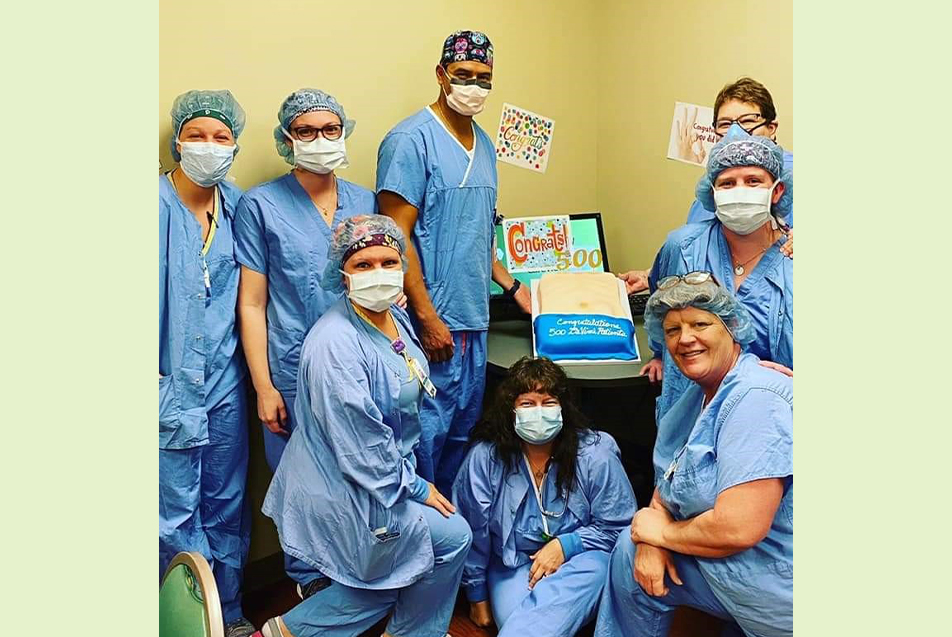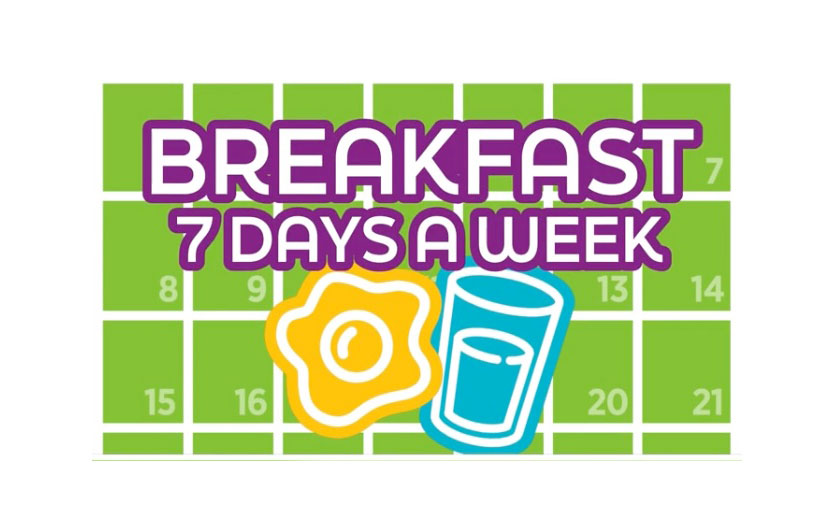
Robotic surgery, or robot-assisted surgery, has been around for years and is well known for its superior instrument precision. It was developed to help doctors perform a multitude of complex procedures with more accuracy, flexibility and control than would be possible utilizing conventional techniques.
Surgeons specially trained to operate the system use highly advanced technology as an extension of their surgical skills. Typically, the provider controls the arms of the device while seated at a computerized console. The console gives the surgeon a high-definition, magnified, 3-D view of the surgical site. Then, using hand and finger movements, the physician manipulates the highly specialized instruments to perform very specific functions, allowing for even the most delicate movements. This enables the surgeon to reach and precisely alter structures deep within a patient’s abdomen through tiny incisions, otherwise known as minimally invasive surgery.
The accomplishment
Recently, Parkview Whitley Hospital’s robotic surgery team reached an impressive milestone with these advanced devices, performing their 500th minimally invasive procedure using the da Vinci® robotic surgical system. While this number is impressive, it represents more than just an achievement. It’s an homage to the excellent care they strive to provide every patient, every day.
“When we brought this advanced surgical technology to Parkview Whitley, we knew patients would appreciate the benefits that robotic surgery can provide, such as quicker recovery time and less scarring than conventional surgical methods,” Scott Gabriel, president, Parkview Whitley Hospital, said. “It’s been great to see how well the da Vinci system has performed for our highly experienced surgeons, enabling them to deliver better outcomes for our patients.
The first physician to offer robotic surgery at Parkview Whitley Hospital in February 2019 was Francisco Reyes, MD, FACS, PPG – General Surgery. Initially, Dr. Reyes performed hernia repair procedures robotically. Since then, he has expanded his offerings to include gallbladder removal, colon resection, perforated peptic ulcer repair and various types of hernia from umbilical to incisional. As part of Parkview Regional Medical Center’s surgical team and accredited as a Center of Excellence in Robotic Surgery by Surgical Review Corporation, Dr. Reyes has performed more than 600 robotic surgeries at various Parkview facilities.
“I recently did a colon resection for colon cancer,” Dr. Reyes recalled. “The patient did extremely well and went home 48 hours later, as opposed to three to five days, which would have been the typical inpatient recovery time with laparoscopic or open colon resection.
Additionally, Judith Bowers, DO, PPG – OB/GYN, began performing da Vinci surgeries at Parkview Whitley Hospital in December last year. She and Michelle Harrison, MD, PPG – OB/GYN, provide minimally invasive, robotic-assisted hysterectomies and other gynecologic procedures, along with pelvic and abdominal surgeries for ovary or fallopian tube removal, ovarian cysts, ectopic pregnancies and endometriosis management.
“My patients report less pain and recovery time from the robotic surgeries than they did previously with laparoscopic procedures,” Dr. Bowers said. “The surgery times are generally shorter, and almost all procedures are done on an outpatient basis, so patients go home the same day.
Advantages to patients
While robot-assisted surgery may not be an option for everyone, it does present a host of advantages to those who qualify for minimally invasive surgeries and procedures. The benefits of the da Vinci robotic surgical system can include:
- Shorter hospitalization
- Reduced pain and discomfort
- Faster recovery time and return to normal activities
- Smaller incisions, resulting in reduced risk of infection
- Reduced blood loss and transfusions
- Minimal scarring
How to know if it’s right for you
Despite all the information, it can be challenging to know if robot-assisted surgery is right for you. The best way to make this decision is to speak with your primary care provider. Be sure to openly discuss the benefits and risks while comparing your options of other techniques, both minimally invasive and conventional surgery methods.




